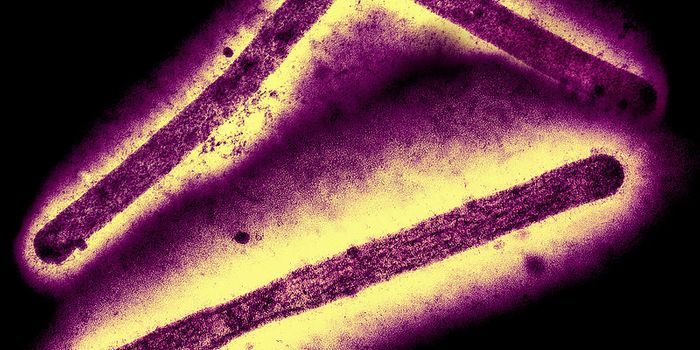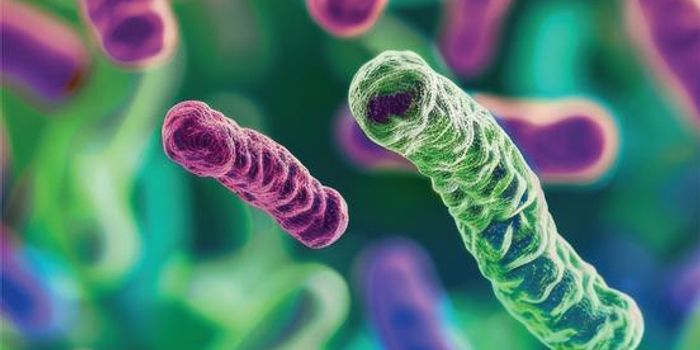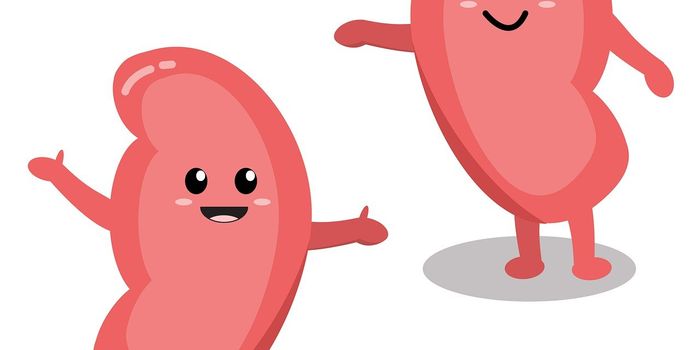Newly Discovered T Cell Subset is Linked to Autoimmune Disease
T cells are on the front lines of the immune system, and can work against infections and cancer cells. But the activity of the immune system has to be very carefully regulated, or it can cause disease itself. While T cells are crucial, they can also drive autoimmune diseases. Reporting in Science Immunology, researchers have discovered that small person-to-person variations in genes that are expressed in a subset of T cells may increase the risk of autoimmune disorders. The study also linked biological sex to changes in T cell function, which may help explain differences in immunity between men and women.
Research has suggested that the natural variations in human genomes seem to have a significant impact on how immune cells are triggered and their functions. In this study, the scientists obtained over one million CD4+ T cells from 89 healthy volunteers, activated them, and performed single cell sequencing on them. The scientists analyzed how small changes in the human genome, called SNPs or single nucleotide polymorphisms, influence gene activity in various types of CD4+ T cells.
This research indicated that SNPs can influence the expression of more than 4,000 genes in activated CD4+ T cells. Some of those SNPs have previously been linked to a higher risk of developing an autoimmune disease. Biological sex was also shown to have a significant impact on the expression of genes in CD4+ T cells; many of those genes affect the function of T cells.
The sex-based differences that were observed in T cells could help explain some biological mysteries, such as why men acquire more infections and women are more likely to have an autoimmune disease.
This data is now available in a database that is freely accessible to other researchers. Hosted by the La Jolla Institute for Immunology (LJI), the initiative is called the Database of Immune Cell Gene Expression, Expression quantitative trait loci (eQTLs) and Epigenomics (DICE). Scientists can use the database to look for genes, cell types, and links to human disease.
T cells can play a variety of roles, so the researchers were expecting to find clear-cut differences between various CD4+ T cell subsets, some of which have previously been defined. However, previous work has been done on unactivated T cells, while they were activated in this study. With activation, the researchers were hoping to capture a more realistic portrait of how the cells would look while they were in action in the body.
"Stimulating the cells is like turning on the light; suddenly you can understand the function of these cells much better," said first study author Benjamin Schmiedel, Ph.D., an instructor at LJI.
This research did shed light on subsets that have been identified, but also revealed others that are not well-known or understood. The researchers are following up on these mysterious subsets, and how they are related to disease.
Sources: La Jolla Institute of Immunology, Science Immunology









